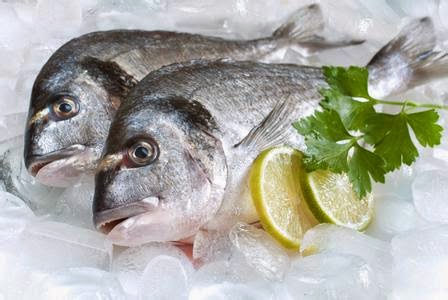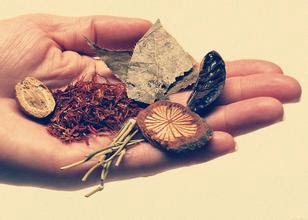Spinach is a common food in our life, which is loved by many people. While patients with chronic kidney disease (CKD) have strict restriction in their diet, so they may be curious about whether they should take spinach in their diet.
In fact, spinach is good for our body health, but patients with CKD should be careful in eating this food, because this may take bad effects to them.
One cup of cooked spinach has 41 calories. For adult males, this nutrient-dense food provides 25 percent of the recommended dietary allowance for calcium, 80 percent for iron, 20 percent for vitamin C, 15 percent for thiamin, 33 percent for riboflavin, 18 percent for pantothenic acid, 66 percent for folate and 628 percent for vitamin A. The benefits don't end there, as it also provides 5.35 g of protein and 4.3 g of fiber.
If you have normal kidney function, your serum potassium levels remain between 3.5 and 5.0 mEq/L. Keeping these levels within a narrow range is critical because the concentration of potassium controls the firing of nerves, which in turn control the beating of the heart. When levels get too high, you are at risk for irregular heartbeat and heart attack. One symptom of advanced kidney disease is elevated potassium levels. Nephrologists treat this by recommending a low-potassium diet. The amount of potassium that is safe to eat varies from patient to patient, but it's usually between 2,000 and 3,000 mg. A one cup serving of cooked spinach has 839 mg of potassium, an amount that is incompatible with a low-potassium diet.
Benefits of spinach for patients with CKD:
Spinach has many benefits to our health, and it is also beneficial for patients with CKD.
Improving immunity
There are abundant vitamin A and C, which are very helpful in improving our immunity. While patients with chronic kidney disease are afraid of infection, which can aggravate patients’ condition greatly. So this benefit of spinach is very helpful for CKD patients.
Abundant nutrients
There are various nutrients in spinach. For example, spinach contains more protein than other vegetables, and it also contains various carotene. It also has many kinds of vitamins and minerals, and these are important for body function.
Replenishing blood
This is an obvious function of spinach. There is abundant iron in spinach, which is very helpful in the formation of red cell. Besides, there is plenty of chlorophyll and vitamin K in spinach, which are helpful in treating bleeding. And spinach contains carotenoid and ascorbic acid, which play an important role in replenishing blood and our health condition. On the other hand, patients with CKD often have anemia, which is caused by the decrease of hemopoietin. While if CKD patients make spinach into their eating plan, that may improve this condition greatly.
Besides, spinach also has many other benefits to our health, like promoting digestion, hairdressing, anti-aging, etc. Besides, it is also helpful in promoting our metabolism and growth.
Why CKD patients should be careful in eating spinach?
Patients with CKD should also be careful when they take spinach.
For one reason, there is abundant oxalate in spinach, so patients with kidney stone should not take it, because this may aggravate their disease. Besides, oxalate can combine with calcium and zinc, which is not beneficial for the absorption of calcium and zinc. Thereby, if CKD patients have low amount of calcium and zinc, or if patients have renal osteopathy, they should avoid taking spinach.
In addition, lupus nephritis patients should not eat spinach, because there is much chlorophyll in spinach, which may increase lupus nephritis patients’ sensitivity to sunshine. While sunshine can aggravate lupus nephritis patients’ condition.
In the end, if patients with CKD are not sure about their condition, they should avoid eating spinach. If they are willing to make spinach into their eating plan, it is better for them to consult their doctor’s advice first.
.jpg)
.jpg)
.jpg)
.jpg)
.jpg)
.jpg)
.jpg)
.jpg)
.jpg)

